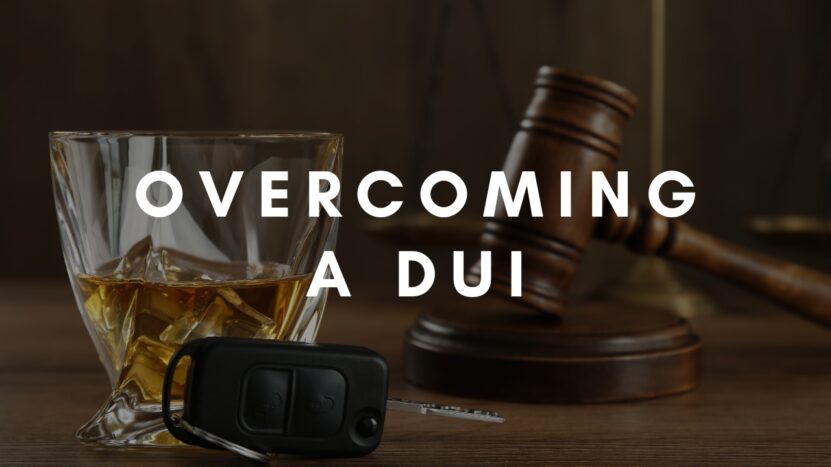The world of professional driving is bound by a stringent set of rules and regulations, with one of the most critical aspects being the possession of a Commercial Driver’s License (CDL). CDL holders perform an indispensable role in the dynamics of our economy by ensuring the steady transport of goods, services, and people across vast distances.
Their work is crucial, and with this comes a significant level of responsibility, especially concerning safety on the roads.
But what if a CDL holder is caught in the snare of a DUI (Driving Under the Influence) conviction? This predicament poses serious concerns, as the ramifications of such a scenario can be dire.
This blog post delves into the world of CDL holders, DUI convictions, and their potential overlap, with an aim to provide an expansive understanding about the possible consequences such an eventuality can have on a CDL holder’s professional life.
This article will address the essential aspects of CDL and DUI regulations, penalties for contravention, options for legal defense, and the critical strategies to mitigate these consequences.
The Seriousness of a DUI Offense
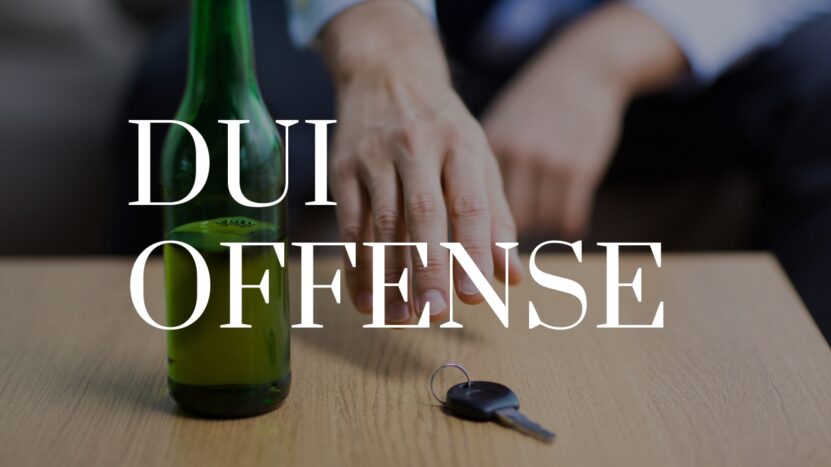
A DUI offense, or Driving Under the Influence, is a substantial legal and safety concern. It pertains to situations where a driver is operating a vehicle under the influence of alcohol or other substances capable of impairing their driving abilities.
These substances can drastically affect a driver’s ability to control their vehicle and judge road conditions and scenarios, thereby significantly increasing the risk of accidents.
DUI offenses pose a significant risk to both the driver and other road users, potentially leading to devastating accidents that can result in injury or even death. This is why DUI convictions are viewed with extreme seriousness and carry hefty legal penalties. For those who hold a CDL, this is even more critical.
The legal repercussions can include substantial fines, jail time, and restrictions on driving privileges. But beyond these immediate legal consequences, a DUI conviction can also result in a CDL holder losing their job, potentially jeopardizing their professional driving career, and hampering long-term employment prospects.
CDL Regulations and DUIs
Operating as a commercial driver comes with a unique set of rules and regulations that are typically more stringent than those governing regular drivers. These rules are outlined by the Federal Motor Carrier Safety Administration (FMCSA), and they reflect the higher level of responsibility expected of commercial drivers.
One of these regulations is that CDL holders have a lower legal Blood Alcohol Concentration (BAC) limit – typically 0.04%, which is half the standard limit of 0.08% for regular drivers. This means that a CDL holder can face DUI charges even when their BAC is well below the limit acceptable for regular drivers.
A DUI conviction for a CDL holder can lead to immediate suspension or even permanent revocation of their license, preventing them from continuing in their line of work. These penalties are harsh but are in place to promote safety on the roads and emphasize the professional accountability expected of commercial drivers.
Immediate Consequences for CDL Holders
Being convicted of a DUI offense brings about immediate and severe consequences for CDL holders. These may include suspension or disqualification of the license, effectively putting a stop to their ability to work as professional drivers. Depending on the circumstances and the specific state laws, temporary restrictions may also be placed on the CDL holder.
These restrictions might include a temporary bar on the driver operating certain types of commercial vehicles or driving in certain conditions.
During this period of suspension or restriction, the driver’s employment can be gravely affected, with some CDL holders even losing their jobs. For a professional driver, the impact of these immediate consequences can be severe, affecting their livelihood and economic stability.
This makes the necessity of legal representation during this process extremely important. An experienced attorney can help navigate these immediate challenges, providing guidance on dealing with legal procedures, and potentially help mitigate some of the immediate consequences.
Federal Regulations and Disqualification
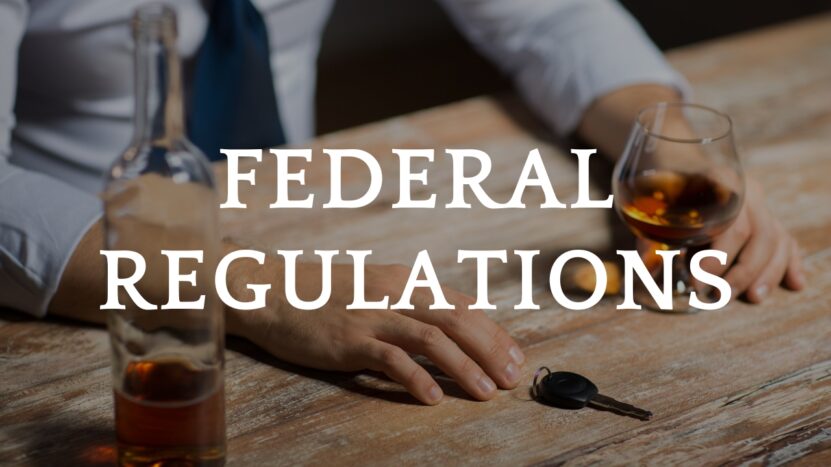
Federal regulations have a significant influence on how DUI offenses by CDL holders are handled. The Federal Motor Carrier Safety Administration (FMCSA) provides a set of stringent rules for commercial drivers, including BAC limits and periods of disqualification in case of DUI offenses.
These federal regulations lay down that a CDL holder faces a minimum one-year disqualification of their license upon their first DUI offense. This means they cannot legally operate a commercial vehicle for a minimum period of one year. However, if a CDL holder commits multiple DUI offenses or refuses to take a chemical test when asked by law enforcement, the penalties become even more severe.
Such violations can lead to a lifetime disqualification from holding a CDL, meaning they will never be able to legally work as a commercial driver again. Under certain conditions and after a substantial period, this disqualification can be appealed, but the process is often long and complicated.
State-Specific Laws and Regulations
While the federal regulations provide a baseline for the handling of DUI offenses by CDL holders, it’s important to remember that each state in the U.S. has its own set of laws and regulations.
This means that the exact nature of penalties, the process of legal proceedings, and the periods of disqualification can vary significantly from state to state. Some states may have harsher penalties or longer periods of disqualification, while others may offer more options for appeal or rehabilitation.
For CDL holders, this makes it critically important to understand the specific laws and regulations in their own state. They need to be fully aware of the potential consequences they face in their specific state of residence or work in the event of a DUI conviction.
Options for Defense and Mitigation
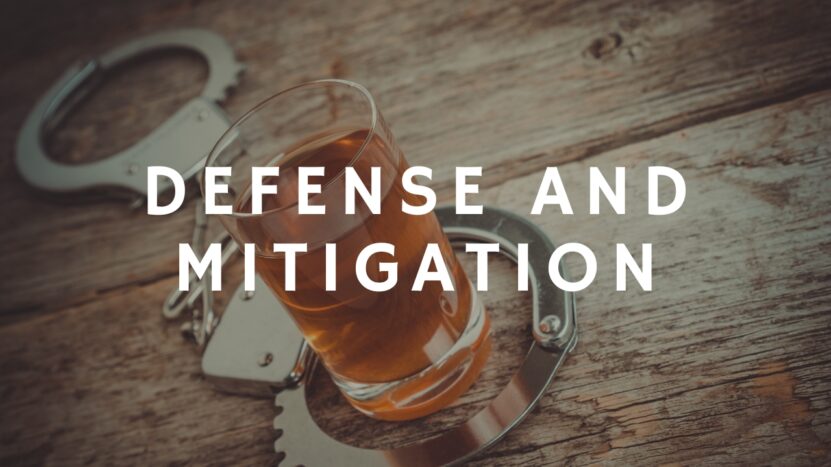
Although a DUI charge is a serious matter, it does not mean that CDL holders have no options for defense or mitigation. In fact, there are several legal strategies that can be employed in these situations. These strategies can range from challenging the legality of the initial traffic stop to questioning the accuracy of the breathalyzer or blood test results.
There might also be grounds to challenge the handling of the testing procedure or the chain of custody of the test samples. In some cases, a CDL holder might be able to argue that they were not properly informed of their rights at the time of the stop. It’s also possible to negotiate for alternative penalties or rehabilitation programs instead of a license disqualification.
These strategies require detailed knowledge of DUI laws and regulations, making it vital for CDL holders to consult with an experienced DUI attorney who can provide tailored advice and representation.
Seeking Legal Counsel
The process of dealing with a DUI charge can be confusing and stressful, especially for CDL holders who face the risk of losing their livelihood. This is why it’s crucial to seek legal counsel as soon as possible after being charged with a DUI offense.
A knowledgeable DUI attorney can guide the CDL holder through the complexities of the legal process, providing advice that is specifically tailored to their situation and the regulations governing CDL holders. A good attorney can explain the legal jargon, help the CDL holder understand their rights, and devise a strategy for defense.
They can potentially negotiate for reduced penalties, a dismissal of charges, or alternative sentencing options that could allow the CDL holder to retain their license. Furthermore, an attorney can provide guidance on dealing with employers, the court system, and the process of license reinstatement.
Rehabilitation and License Reinstatement
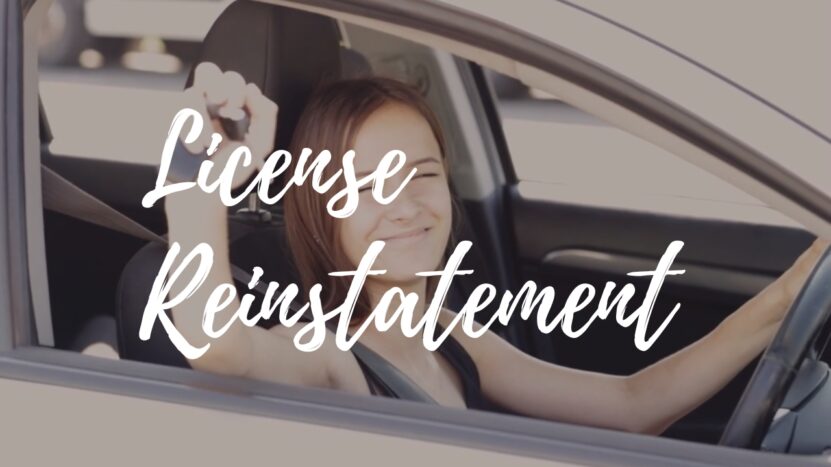
If a CDL holder is convicted of a DUI offense, there is often a requirement to complete certain rehabilitation programs before their license can be reinstated. These programs typically include alcohol or substance abuse education and treatment, and are designed to ensure that the CDL holder understands the risks and consequences of DUI offenses.
This is part of a broader effort to ensure safety on the roads, helping CDL holders who have been convicted of DUI offenses to make better decisions in the future. However, the process of license reinstatement after a DUI conviction is not straightforward. There might be a mandatory waiting period before the CDL holder can apply for reinstatement.
The process usually involves providing documentation of completion of the required rehabilitation programs, and there might also be additional requirements or conditions imposed by the state DMV or other regulatory bodies.
In Washington State in 2023, you can find an array of programs aimed at helping you regain your driving privileges, providing the necessary support to retrieve your license after a DUI conviction.
Employer Policies and Employment Consequences
A DUI conviction doesn’t just affect a CDL holder’s legal status; it can also have serious consequences for their current employment and future job prospects. Depending on the employer’s policies, a DUI conviction could lead to immediate job loss. Some employers have strict policies on DUI offenses and might require mandatory reporting of such incidents.
Others might require the CDL holder to complete additional rehabilitation programs or fulfill other conditions before they can return to work. Even if a CDL holder manages to retain their job, a DUI conviction can impact their career progression or their ability to take on certain types of assignments.
Future job prospects can also be affected, as prospective employers are likely to conduct background checks which will reveal any DUI convictions. This could lead to a CDL holder being considered a high-risk employee and affect their chances of being hired.
Professional Responsibility and Personal Growth
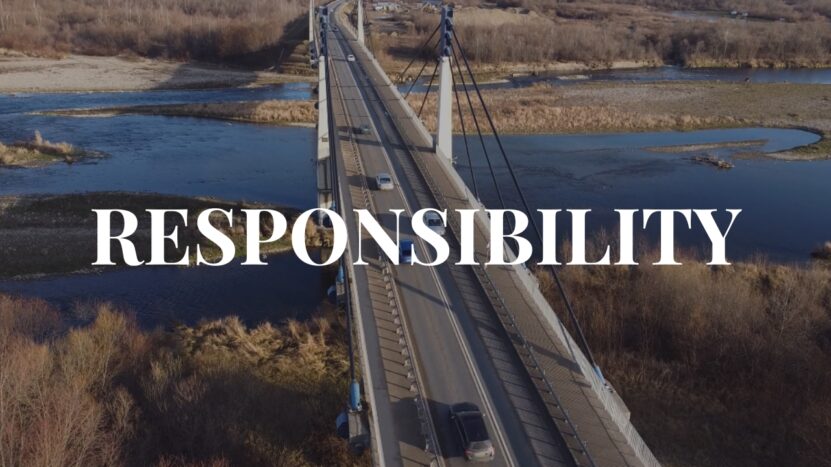
A DUI conviction can have a profound effect on a CDL holder’s perception of their professional responsibilities. It can serve as a stark reminder of the importance of safety on the roads and the consequences of failing to uphold these responsibilities.
This experience can lead to a reassessment of personal choices and lifestyle, prompting changes that can help prevent future offenses. It might also lead to a stronger commitment to the principles of safety and responsibility that underpin the profession of commercial driving.
In many cases, the lessons learned from a DUI conviction can spur personal growth and development, leading to improved performance on the job and a safer driving record.
This recommitment to professionalism can help protect the CDL holder’s career in the long run, and more importantly, it can contribute to the safety of other road users.
Conclusion
The potential consequences of a DUI conviction for CDL holders are wide-ranging and severe, often leading to significant professional and personal challenges.
However, by staying informed about the laws and regulations, seeking professional legal advice, and taking proactive steps to address the situation, it is possible for CDL holders to navigate these challenges and protect their professional driving careers.
Safety and responsibility should be the guiding principles for all CDL holders, not only to protect their own livelihood but also to ensure the safety of others on the road. Holding a CDL is more than just having a license to drive a commercial vehicle; it represents a commitment to professionalism, safety, and care, a commitment that should not be taken lightly.

